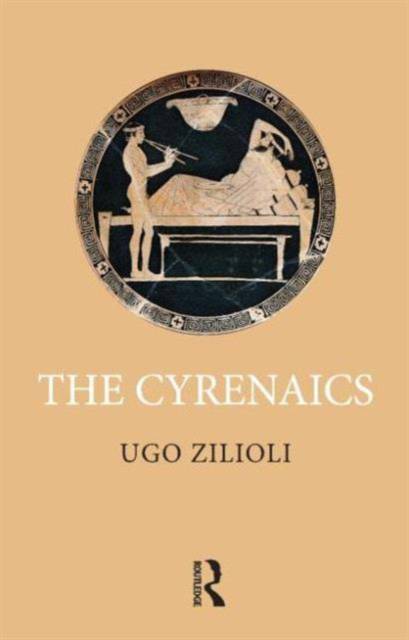
- Afhalen na 1 uur in een winkel met voorraad
- Gratis thuislevering in België vanaf € 30
- Ruim aanbod met 7 miljoen producten
- Afhalen na 1 uur in een winkel met voorraad
- Gratis thuislevering in België vanaf € 30
- Ruim aanbod met 7 miljoen producten
Zoeken
Omschrijving
The Cyrenaic school of philosophy (named after its founder Aristippus' native city of Cyrene in North Africa) flourished in the fifth and fourth centuries BCE. This book begins by introducing the main figures of the Cyrenaic school beginning with Aristippus and setting them in their historical context. Once the reader is familiar with those figures and with the genealogy of the school, the book offers an overview of ancient and modern interpretations of the Cyrenaics, providing readers with alternative accounts of the doctrines they endorsed and of the role they played in the context of ancient thought. Finally, the book offers a reconstruction of Cyrenaic philosophy and shows how the ethical side of their speculation connected with the epistemology and ontology they endorsed and that, as a result, the Cyrenaics were able to offer a quite sophisticated philosophy. Indeed, Zilioli demonstrates that they represented, in ancient philosophy, an important and original metaphysical position and alternative to the kind of realism endorsed by Plato and Aristotle.
Specificaties
Betrokkenen
- Auteur(s):
- Uitgeverij:
Inhoud
- Aantal bladzijden:
- 240
- Taal:
- Engels
Eigenschappen
- Productcode (EAN):
- 9781844657636
- Verschijningsdatum:
- 30/09/2013
- Uitvoering:
- Paperback
- Formaat:
- Trade paperback (VS)
- Afmetingen:
- 137 mm x 213 mm
- Gewicht:
- 317 g

Alleen bij Standaard Boekhandel
+ 158 punten op je klantenkaart van Standaard Boekhandel
Beoordelingen
We publiceren alleen reviews die voldoen aan de voorwaarden voor reviews. Bekijk onze voorwaarden voor reviews.











